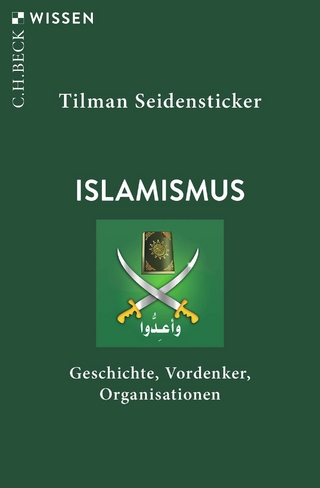
Sexual Abuse and Education in Japan
Routledge (Verlag)
978-1-032-31024-4 (ISBN)
Bringing together two voices, practice and theory, in a collaboration that emerges from lived experience and structured reflection upon that experience, O’Mochain and Ueno show how entrenched discursive forces exert immense influence in Japanese society and how they might be most effectively challenged.
With a psychosocial framework that draws insights from feminism, sociology, international studies, and political psychology, the authors pinpoint the motivations of the nativist right and reflect on the change of conditions that is necessary to end cultures of impunity for perpetrators of sexual abuse in Japan. Evaluating the value of the #MeToo model of activism, the authors offer insights that will encourage victims to come out of the shadows, pursue justice, and help transform Japan’s sense of identity both at home and abroad. Ueno, a female Japanese educator and O’Mochain, a non-Japanese male academic, examine the nature of sexual abuse problems both in educational contexts and in society at large through the use of surveys, interviews, and engagement with an eclectic range of academic literature. They identify the groups within society who offer the least support for women who pursue justice against perpetrators of sexual abuse. They also ask if far-right ideological extremists are fixated with proving that so called “comfort women” are higaisha-buru or “fake victims.” Japan would have much to gain on the international stage were it to fully acknowledge historical crimes of sexual violence, yet it continues to refuse to do so. O’Mochain and Ueno shed light on this puzzling refusal through recourse to the concepts of ‘international status anxiety’ and ‘male hysteria.’
An insightful read for scholars of Japanese society, especially those concerned about its treatment of women.
Robert O’Mochain is an Associate Professor at the College of International Relations, Ritsumeikan University, Kyoto, Japan. He has extensively researched issues surrounding masculinities, gender discrimination, and sexual violence. He is a contributor to the Routledge Handbook of the Politics of the #MeToo Movement. Yuki Ueno is a Lecturer in the Faculty of Japanese language, literature, and civilization at the University of Toulouse Jean Jaures, France. Her research focuses on sexualization of school uniforms in Japanese society.
Part One: The Present Situation: An Overview, 1: Sexual abuse in Japanese society, 2: Sexual abuse in educational contexts in Japan, Part Two: Sexual abuse in Japan: A Psychosocial Exploration, 3: In the shadow of male hysteria: International status anxiety, 4: In the shadow of male hysteria: Retaliation anxiety, Part Three: Beyond the #MeToo model, 5: Transcending the past, constructing the future, 6: "Sei higaisha o kizutsukenai shakai ni”: Towards a society without victims of sexual abuse
| Erscheinungsdatum | 02.09.2022 |
|---|---|
| Reihe/Serie | Routledge Contemporary Japan Series |
| Zusatzinfo | 3 Tables, black and white |
| Verlagsort | London |
| Sprache | englisch |
| Maße | 156 x 234 mm |
| Gewicht | 331 g |
| Themenwelt | Geisteswissenschaften ► Geschichte |
| Sozialwissenschaften ► Pädagogik | |
| Sozialwissenschaften ► Politik / Verwaltung ► Politische Theorie | |
| Sozialwissenschaften ► Soziologie ► Spezielle Soziologien | |
| ISBN-10 | 1-032-31024-3 / 1032310243 |
| ISBN-13 | 978-1-032-31024-4 / 9781032310244 |
| Zustand | Neuware |
| Haben Sie eine Frage zum Produkt? |
aus dem Bereich


